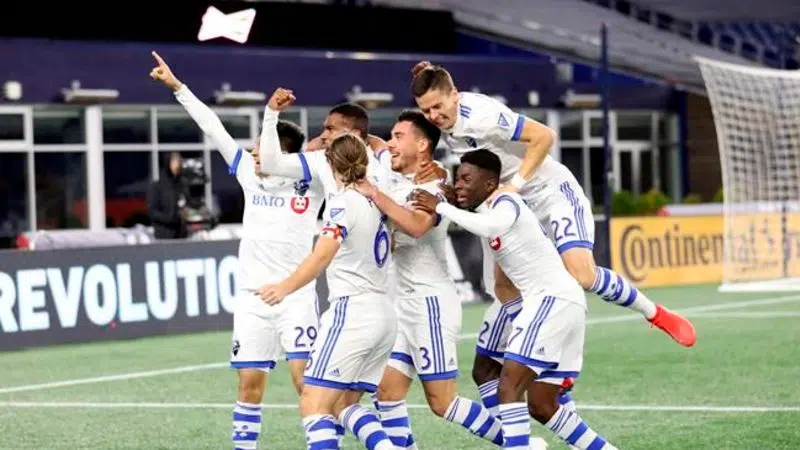
Montreal Impact, Vancouver Whitecaps voice concerns about MLS travel woes
VANCOUVER — Concerns are being raised about how Major League Soccer handles travel snags and scheduling after some tough games for two Canadian teams.
The Montreal Impact were scheduled to fly to Boston on Tuesday evening, but their flight was first delayed for five hours, then cancelled entirely.
MLS clubs are allotted four charter flights per season and must use commercial airlines for the rest of the year.
